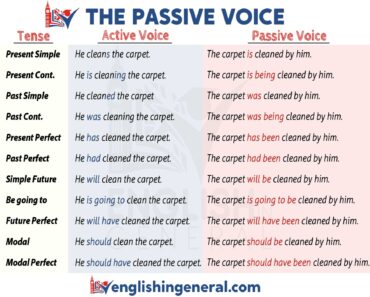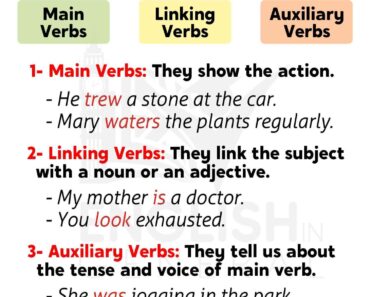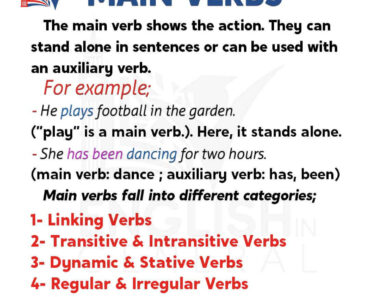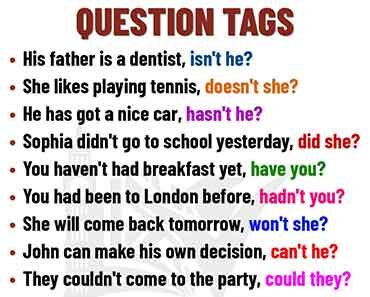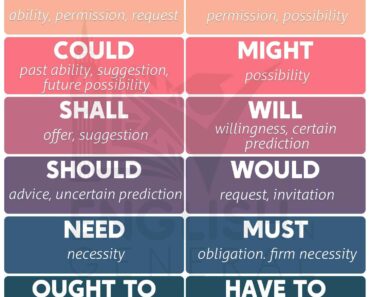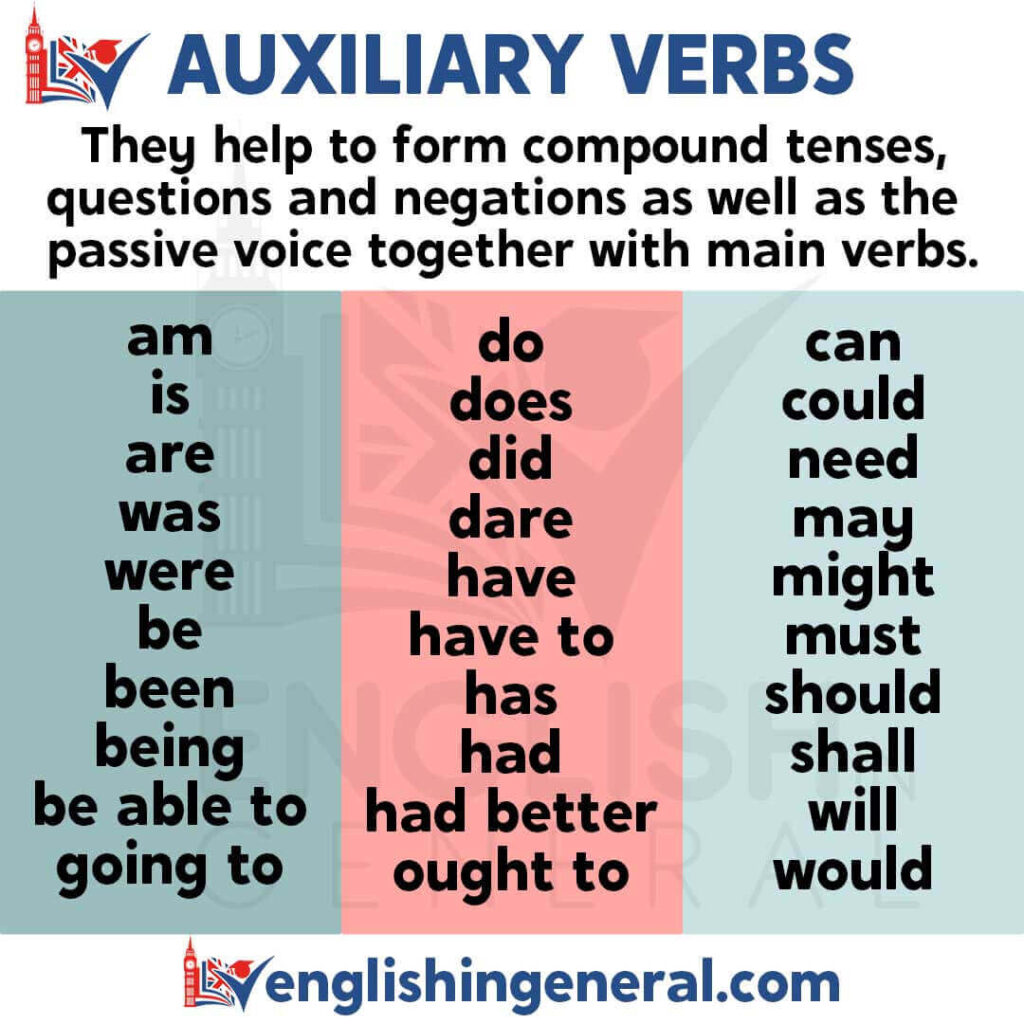
Use of auxiliary verbs in English
What are auxiliary verbs ?
Auxiliary verbs (Helping verbs) are generally needed in English to form compound tenses, questions and negations as well as the passive voice together with full verbs. In addition to the regular auxiliary verbs, there are also modal auxiliary verbs (often also simply called modal verbs), which are required in order to bring the personal attitude into a statement. Accordingly, a distinction is made in the English language between the following types of auxiliary verbs:
Auxiliary verbs that are used to form tenses, for questions and negations as well as for passive formation (compare the following section below):
to be
to do (do, do)
and to have
Modal verbs, which represent a special type of helping verbs. The English language knows the following:
can / could (can, could, be able)
must
may / might
shall / should (should, should)
will / would
ought to
need not
must not → watch out! This expression is a false friend.
How are auxiliary verbs used?
With the exception of the modal verbs, the auxiliary verbs in the English language are used as follows:
Use of the English helping verbs to create the compound tenses:
Progressive tenses with ‘to be’:
“Peter and Sarah are swimming in the lake.”
“Sue was driving down the street when the accident happened.”
“We have been waiting for two hours.”
Perfect tenses with ‘to have’:
“Today, I have worked really hard.” (I worked very hard today.)
“The two boys have been playing tennis since eight o’clock.”
“Before we went on safari, I had prepared every little detail.”
Future (times of the future) with “will”:
“I think the weather will be nice on the weekend.”
... to form questions with ‘to do’:
“Do you like fish?”
“Did you go to the concert last week?”
… to form negations, with ‘to do’:
“Sorry, I can’t help you. I don’t know the way to the city hall. “
“What a surprise. We didn’t know that you were coming. ” (What a surprise! We didn’t know you were coming.)
… to form the passive voice, with ‘to be’:
“The tunnel was built in 1980.”
“Jim disappeared and hasn’t been seen anymore.” (Jim disappeared and was not seen again.)
Note: Some of the auxiliary verbs can also be used as full verbs:
Use of ‘to do’ as a main verb:
“We have been doing a lot of sports recently.”
“His mother does housework every Saturday.”
‘To be’ as a main verb:
“John and his brother are excellent tennis players.”
“The film was quite exciting.” (The film was very interesting.)
Use of ‘to have’ as a main verb:
“A friend of mine has an own yacht in the Caribbean.” (A friend of mine has his own yacht in the Caribbean.)
“Chris had a good idea.”

